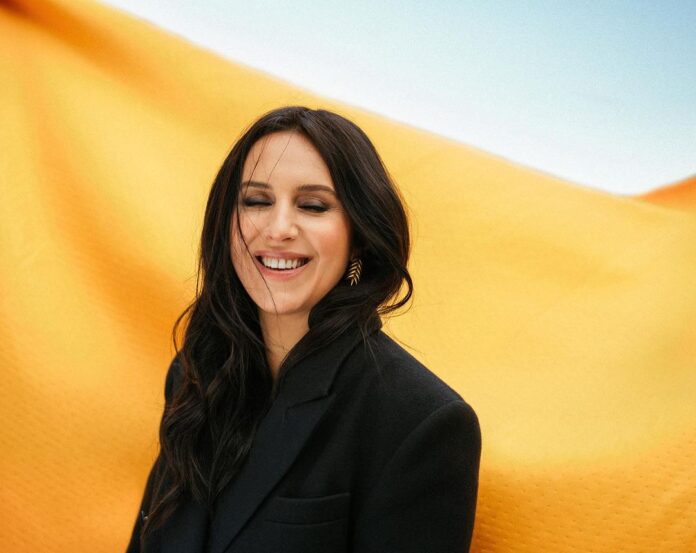Susana Jamaladinova, famously known by her stage name Jamala, has found herself at the center of a heated political controversy between Ukraine and Russia. The Ukrainian singer, who clinched victory at the Eurovision Song Contest in 2016, has been added to Russia’s wanted list. This unexpected move by Russia stems from accusations of violating a criminal law, specifically for allegedly disseminating false information about the Russian military and the ongoing conflict in Ukraine.
Jamaladinova’s win at Eurovision, achieved with the emotionally charged song “1944,” drew attention to the historical plight of Crimean Tatars. The track, named after the year of the Soviet Union’s deportation of Crimean Tatars, underscored a painful chapter in history, a moment widely condemned as an unlawful annexation of Crimea by Russia. Despite Russia’s objections claiming the song’s political nature breached Eurovision’s rules, “1944” primarily depicted historical events without explicitly targeting any specific country or entity.
The tensions surrounding Jamala’s victory intensified due to the political climate between Russia and Ukraine. Her Crimean Tatar heritage intertwined with the timing of her win, which coincided with Russia’s annexation of Crimea, added further layers of complexity to the situation. The song’s subtle implications led to Russia’s protest against its inclusion in the competition, citing a violation of Eurovision’s regulations against political expressions.
This recent development further exacerbates the strained relations between the two nations. Russia’s decision to include Jamala on its wanted list raises questions about the intertwining of politics and the arts. The use of legal measures against an artist renowned for her poignant musical expression brings into focus the challenges artists face when their work touches upon sensitive political topics, blurring the lines between artistic freedom and state regulations.
In a related turn of events, the European Broadcasting Union’s decision to bar Russia from participating in the Eurovision Song Contest in 2022 further illustrates the ripple effects of the ongoing Ukraine crisis. The ban reflected concerns about the potential tarnishing of the competition’s reputation due to the heightened tensions between the participating nations.
The clash between artistic expression and political sensitivities continues to be a contentious issue, emphasizing the broader implications of cultural events like Eurovision in a politically charged world. The inclusion of artists in wanted lists for their creative expression raises concerns about the erosion of artistic freedom and the growing influence of geopolitics on the global stage of music and entertainment. As Jamala’s situation unfolds, it serves as a stark reminder of the complexities inherent in the intersection of art, history, and political realities.
While the saga surrounding Jamala’s wanted status remains unresolved, it underscores the intricate dynamics where art becomes entangled in the geopolitical landscape, posing challenges that transcend the boundaries of creativity and state boundaries.

